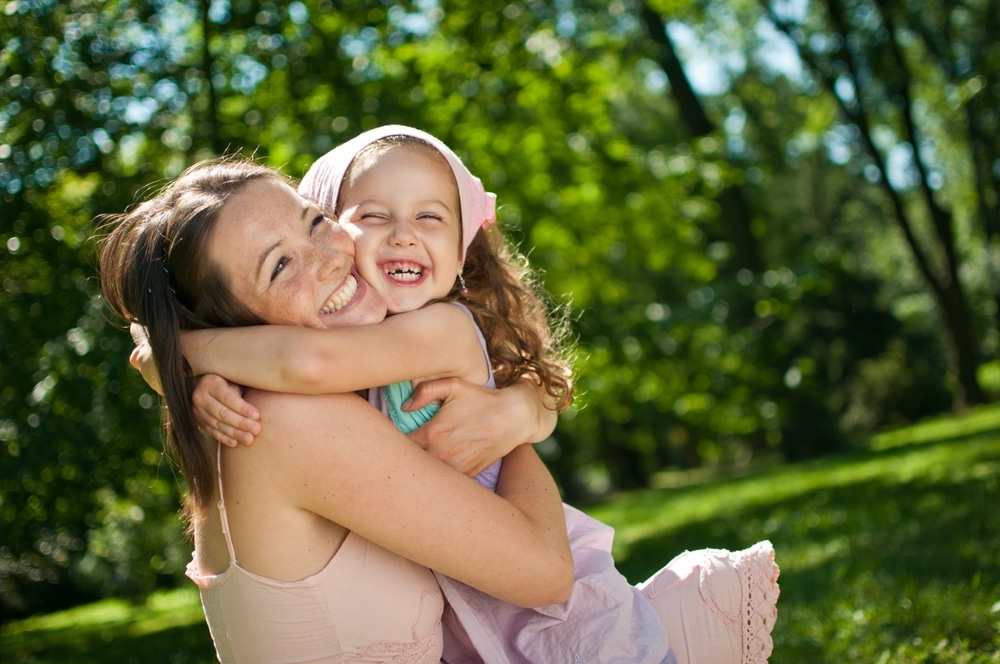
4 Ways You Can Teach Your Child the Importance of Self-Esteem
Many parents overlook the significance of developing high self-esteem in their children in their early childhood. However, according to a 2015 study by University of Washington researchers, children have a sense of self-esteem comparable in strength to that of adults. “Some scientists consider preschoolers too young to have developed a positive or negative sense about themselves. Our findings suggest that self-esteem, feeling good or bad about yourself, is fundamental,” said Andrew Meltzoff, co-author of the study and co-director of the University of Washington’s Institute for Learning & Brain Sciences. “It is a social mindset child bring to school with them, not something they develop in school.” When children learn the importance of self-esteem at a younger age, they’re more likely to be successful in future endeavors because they feel liked and accepted, confident, and proud of their abilities.
Here are four ways you can build your child’s self-esteem!
1. Teach them new things:
It’s important to encourage your children to learn new things because finding new skills can help boost their confidence and fuel your child’s curiosity. A perfect example may be teaching them how to do certain chores around the house like helping you prepare simple meals and organizing laundry. It is beneficial in the long run because being able to own up to newer responsibilities and chores can do that by providing a sense of fulfillment.
2. Praise your child, but don’t overpraise:
According to Psychology Today, the negative effects of overpraising may lead to feelings of entitlement, inadequacy, and disappointment. Children start to rely on your compliments every they accomplish something to feel validated instead of seeking validation within themselves. Just like adults, children need to know that no one is perfect. Doing this correctly will also teach them resilience.
To avoid the negative effects of overpraising, try not to praise your child every time they achieve something. Instead, praise them for achievements that truly deserve praise, such as learning something new or making progress on a task they had struggled with but made efforts to improve upon.
3. Be careful with your words:
Yelling and saying mean things to your child can result in harsh effects on the brain. According to Healthline, yelling can worsen your child’s behavior. Remember that children also learn from your behavior. How you treat your child is how they will think it’s acceptable to treat others. If you use harsh words to communicate with your child, it can lead to them copying the behavior and becoming a bully to their peers.
4. Teach them positive affirmations:
It’s important to teach your child positive affirmations because it can lead to having more optimistic outlook on their lives. Whether it’s writing notes on an index card or standing in front of a mirror, have your child acknowledge their own positive and negative attributes. Teaching them how them to recognize their flaws lets them know that no one is perfect and helps them to accept and embrace their own imperfections.
How We Encourage Positive Self Esteem at Creative Child Learning Center
At Creative Child Learning Center, we encourage our children to become their best selves by showing individual interest in each child and helping them build their own confidence. We value the unique characteristics of each student because we take pride in appreciating our children for their diversity, challenges, successes, and tremendous potential.
